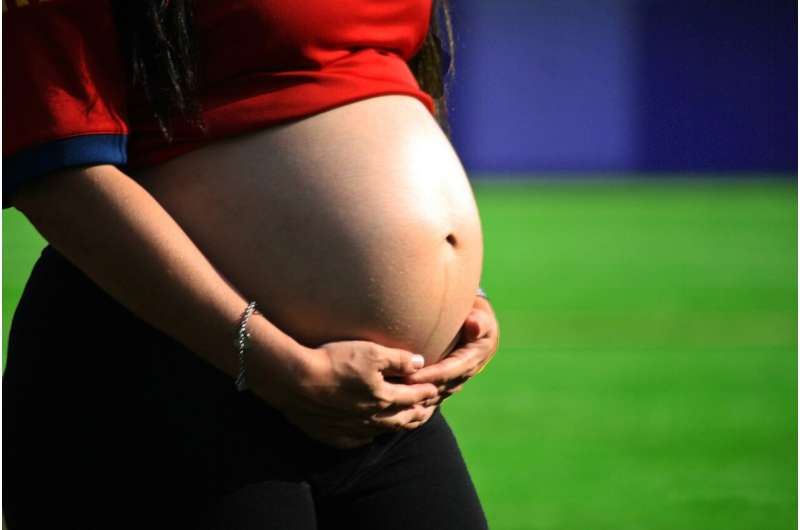Maternal gum disease may be connected to preterm birth

Women with preterm births may be more likely to have gum disease compared to those with full-term births, according to research presented at EuroPerio10, the world's leading congress in periodontology and implant dentistry organized by the European Federation of Periodontology (EFP). The study also found a higher prevalence of unhealthy oral microbes in the preterm mothers.
"We observed that women with premature births more often had inflamed gums, with pockets and loss of the supporting tissue around their teeth compared to their peers with full-term pregnancies," said study author Dr. Valentin Bartha of Heidelberg University Hospital, Germany. "If confirmed, these results could have implications for preventing preterm delivery, which occurs in 10% of births and accounts for up to 75% of perinatal deaths and more than 50% of developmental disorders in children."
Periodontitis, also called gum disease, is triggered by a microbial infection. It begins with red, bleeding and inflamed (sometimes swollen) gums, called gingivitis, which is the body's response to an unhealthy build-up of bacteria on the teeth. Chronic inflammation can cause pockets and gaps around the teeth, destruction of the tissues and bone supporting the teeth, and eventually tooth loss.
This study compared oral inflammation and microbes in women who delivered preterm (before 37 weeks of gestation) and those with full-term births. A total of 77 women were enrolled during the first six days following childbirth. Of those, 33 had preterm deliveries and 44 had full-term births.
Information was collected on age, smoking habits, medical conditions, and medications, gestational age at delivery, and birth weight. Gum bleeding was assessed at four sites around each tooth to evaluate gingival inflammation. In addition, the researchers examined pocket depth and loss of attachment at six sites around each tooth. Dr. Bartha explained: "Inflammation around the teeth causes the supporting tissues to become permanently detached from the tooth surface. When a probe can be inserted more than 3 mm along a tooth this is called a pathological pocket."
Plaque samples were collected from the surface of teeth and in patients with probing depths more than 3 mm they were also obtained from under the gums at different locations of the mouth. The researchers then used 16S rRNA gene sequencing to identify bacterial species based on their genetic information.
Compared to those with full-term deliveries, women with preterm births had significantly greater attachment loss, a higher percentage of pocket depths measuring 4 mm or greater, and different populations of bacteria on and under the teeth.
Dr. Bartha said: "We found that preterm mothers were more likely to have lost supporting tissues around the teeth, have a higher proportion of sites with deep pockets, and have unhealthy oral bacteria compared with full-term mothers. Birth weight was significantly lower for mothers with periodontitis compared to mothers with good oral health or just bleeding gums but without pathological pockets (gingivitis). Larger studies are needed to verify these findings."



















